Tolerance Paradoxes Explained

We explain paradoxes related to tolerance and Politically Correctness (PC), including “the paradox of tolerance” and “tolerance as a form of intolerance.”
Philosophical theories are theories that are philosophical, rather than purely scientific by nature. Meanwhile, philosophical concepts can be loosely describes as ideas or “concepts” that are philosophical in nature.
Generally, a concept is a single idea, a theory is an explanation of how something works, and philosophy is simply the study of that which we can’t know for sure (see the branches of philosophy.).
So then, for our purposes, philosophical theories and concepts is simply a broad category that contains all non-scientific theories worth discussing.
TIP: For a great explainer on the basics of Philosophy see Tamar Gendler: An Introduction to the Philosophy of Politics and Economics by Big Think.
NOTE: Some scientific theories that spark metaphysical philosophical questions are categorized here (as well as under their respective scientific fields). Learn more about scientific theories.

We explain paradoxes related to tolerance and Politically Correctness (PC), including “the paradox of tolerance” and “tolerance as a form of intolerance.”
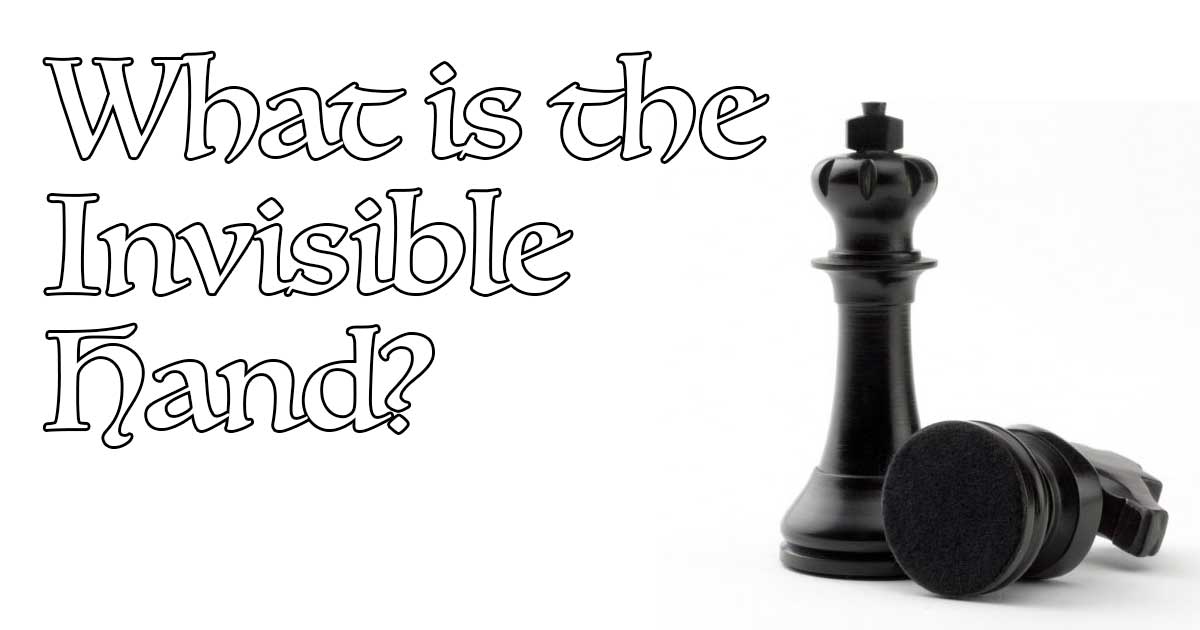
“The invisible hand” is a term used by Adam Smith to describe the theory that self-interest leads to social and economic benefits in a free-market.
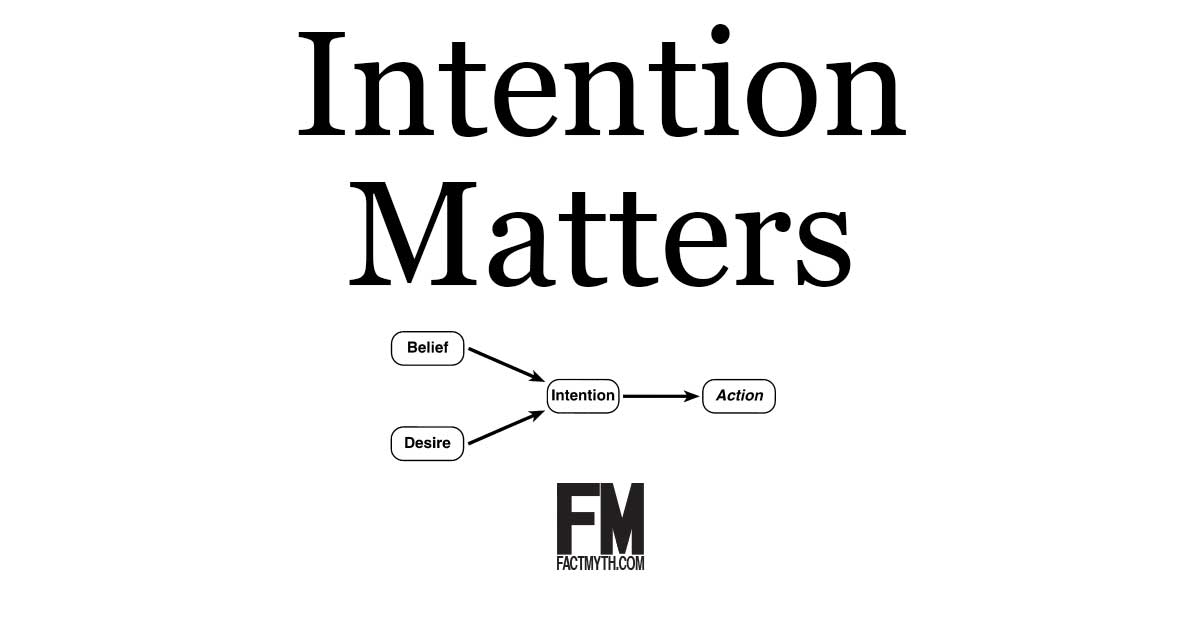
Intention matters in planning, action, and doing. Attention, intention, and impact are all important components of an action.
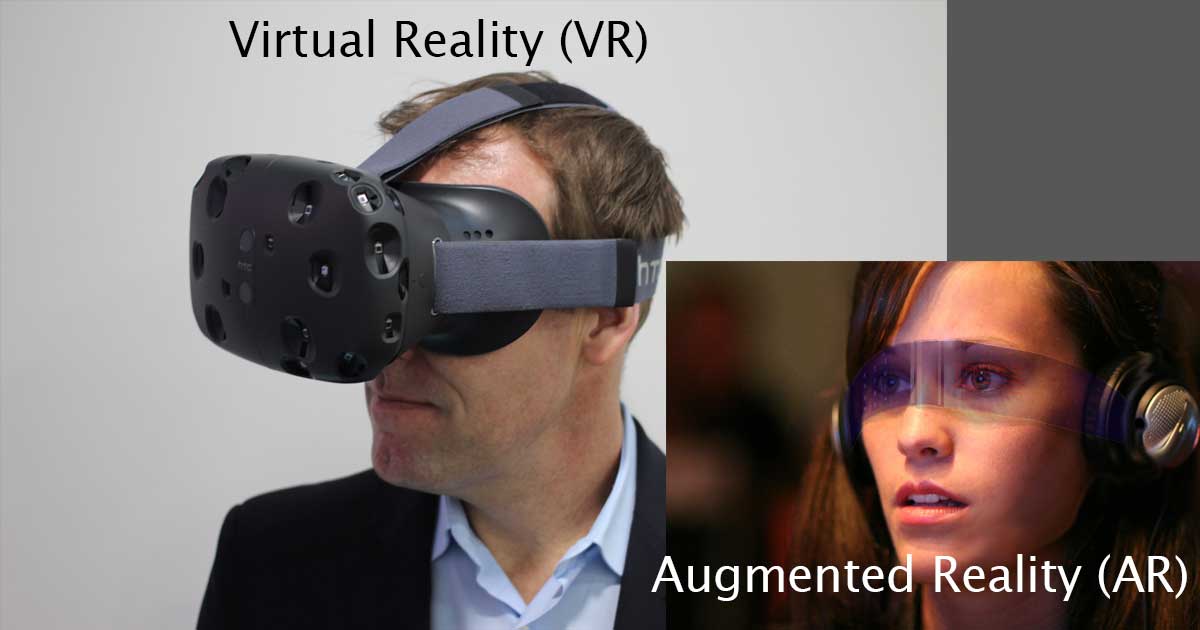
The simulation argument can be summarized as the idea that reality might be a virtual simulation (we might be “in the Matrix” / “in a video game”).

Human behavior can be random to some extent, but most behavior is based on prior input, and thus is “deterministic” (meaning not totally random).
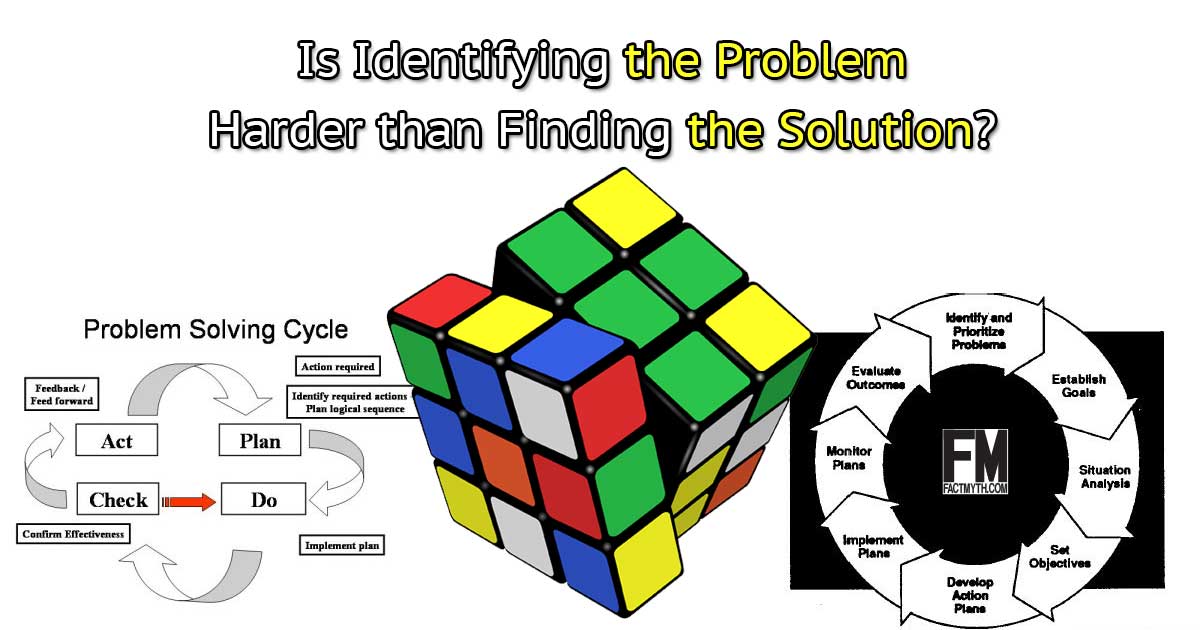
Identifying a problem is often harder than solving it. Solving a problem requires a proper diagnosis, and that requires asking the right questions.

It is said that, “there is no cake”, that, “the cake is a lie”, but this isn’t true. The cake you were promised may be a lie, but there is cake.
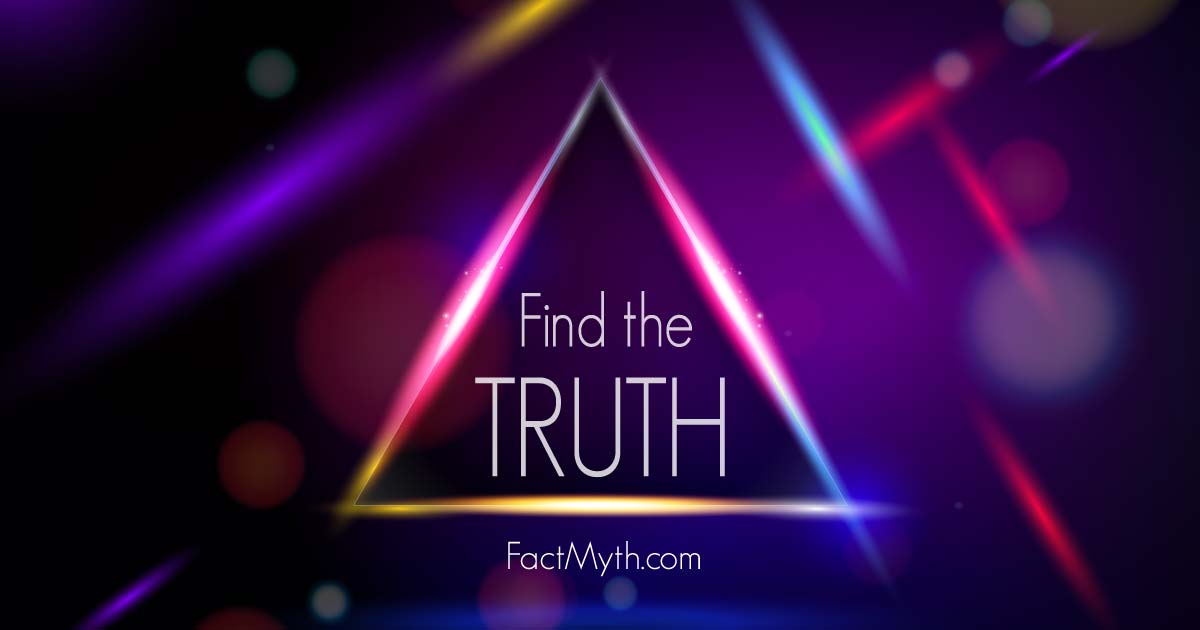
Everything is either true or not true, but not everything that is true can be proven true, and not everything false can be proven false.
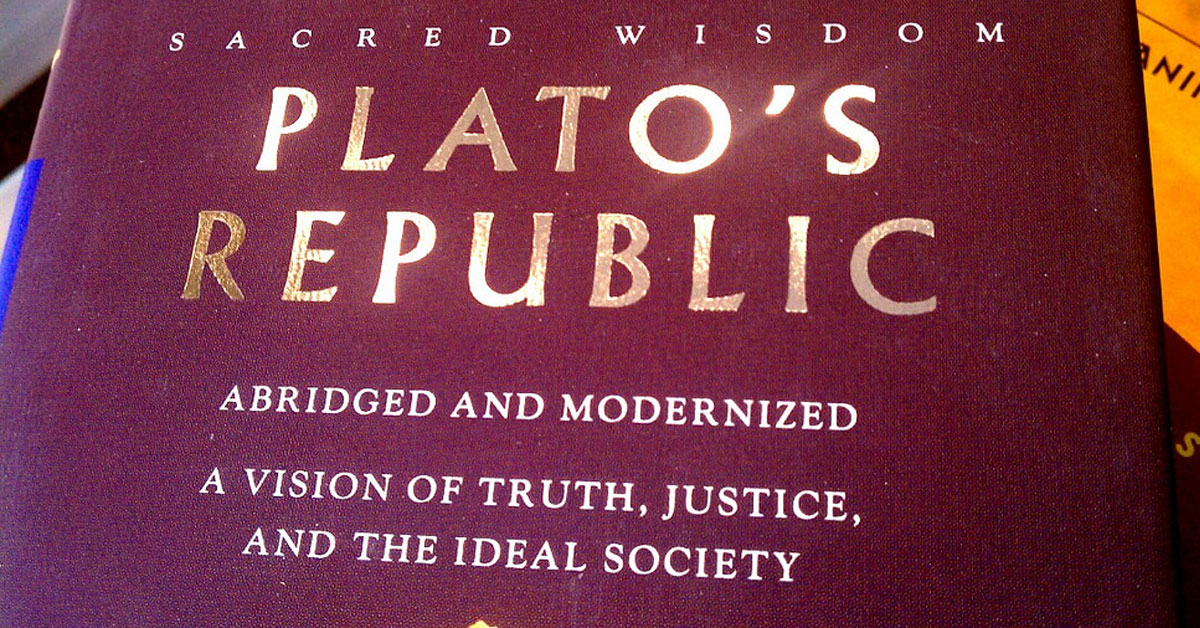
The major branches of philosophy can be denoted as: metaphysics (what is), epistemology (what we can know), logic and reason, ethics and morality, and aesthetics (beauty and art).

We present a discussion on “the meaning of life as happiness,”the Greatest Happiness Theory,” “the Good Life,”the Pursuit of Happiness,” and Virtue Theory.